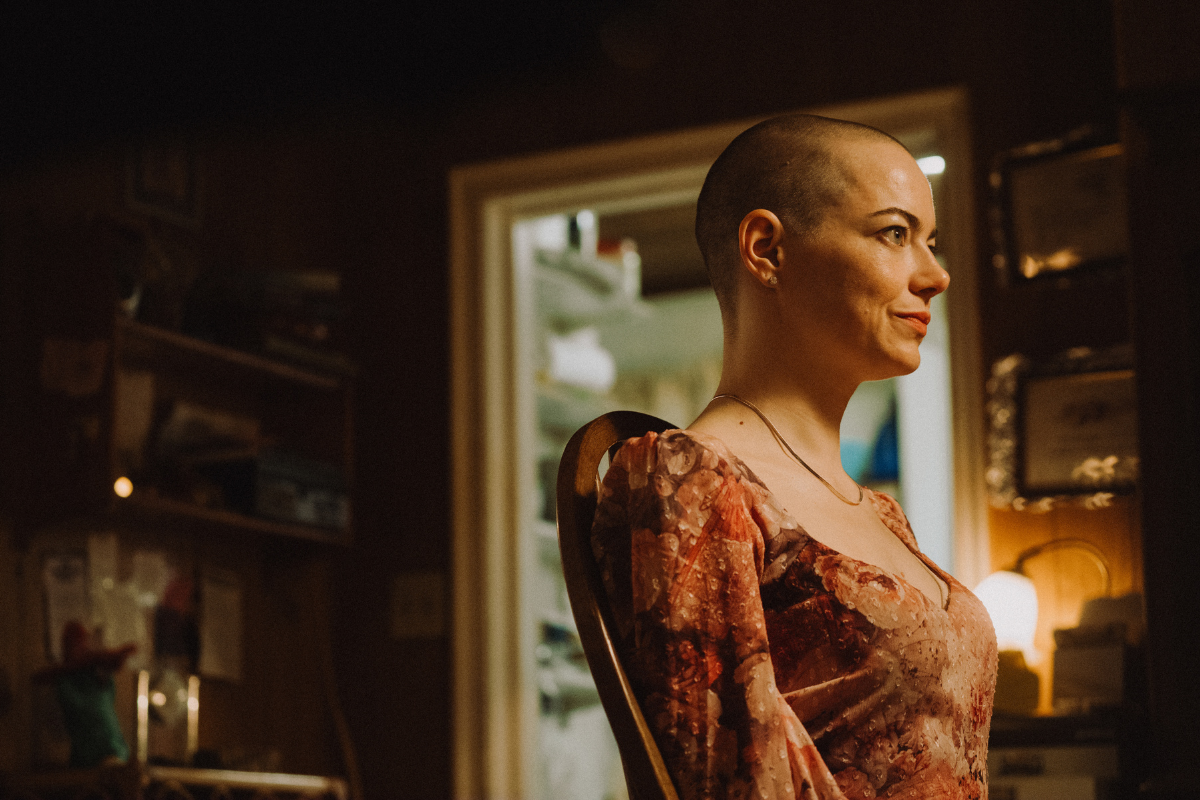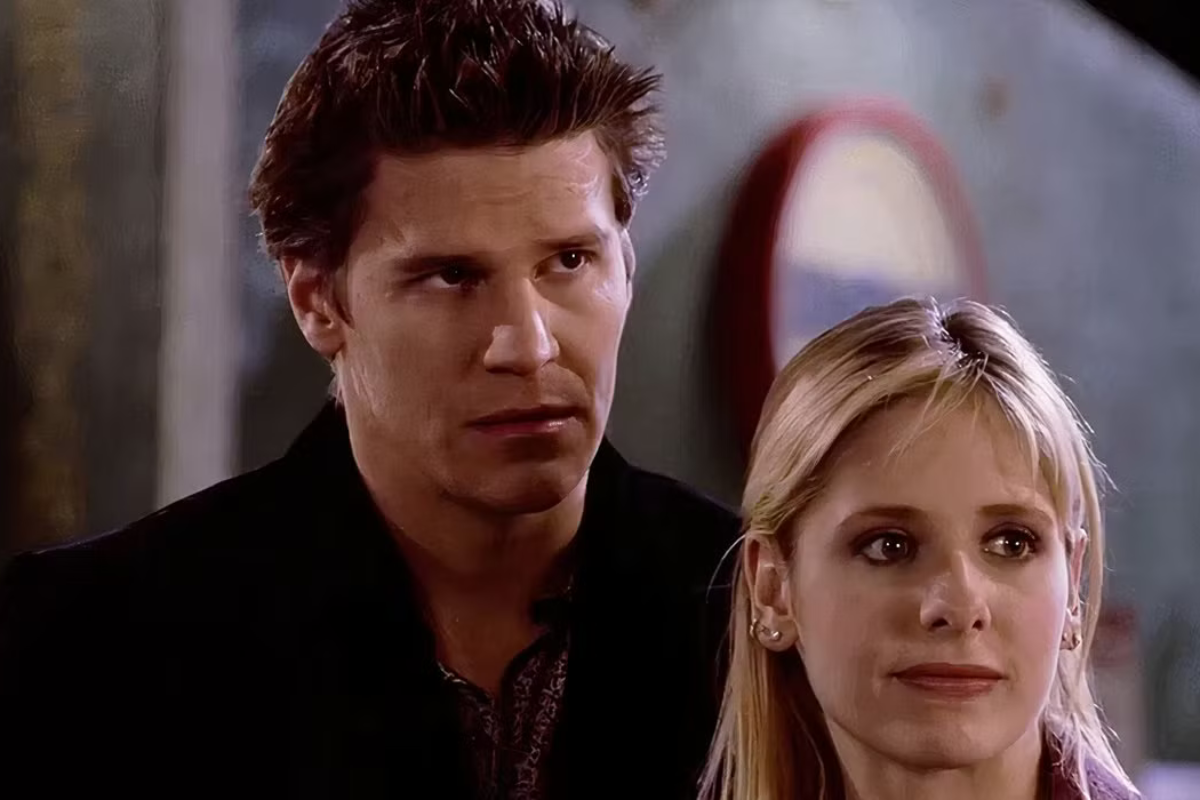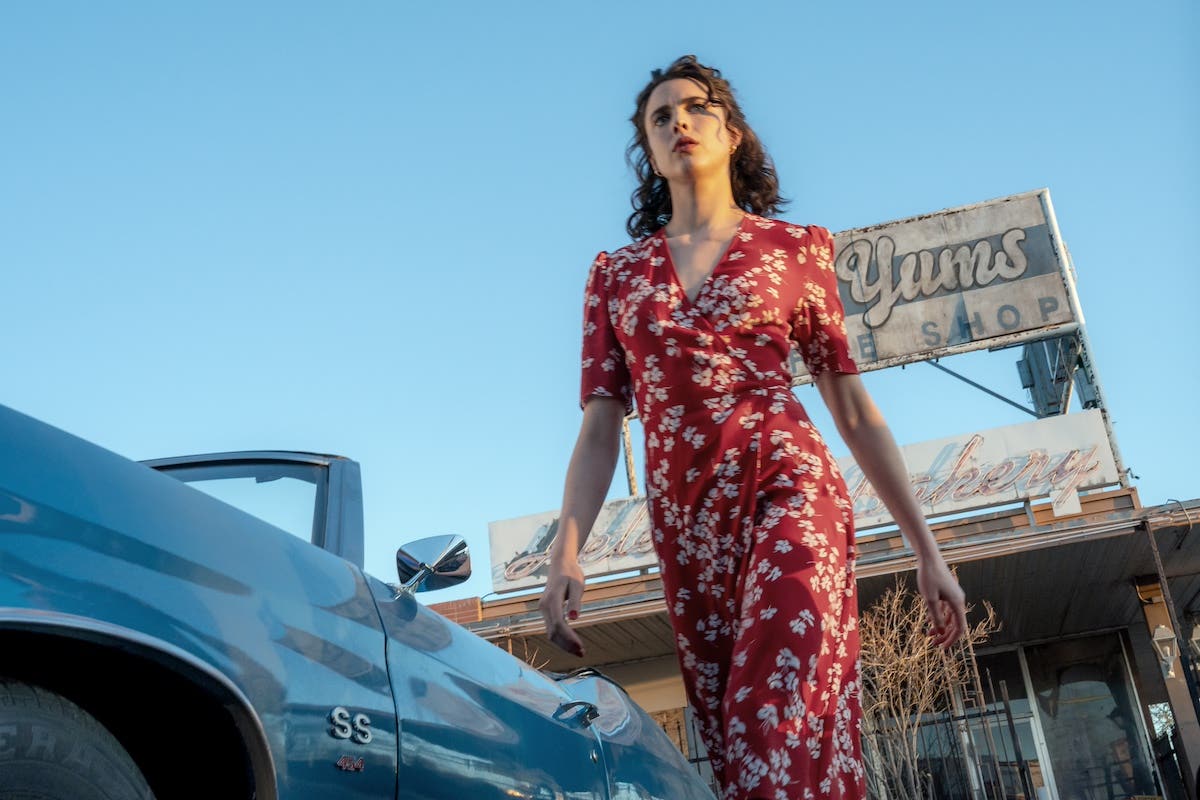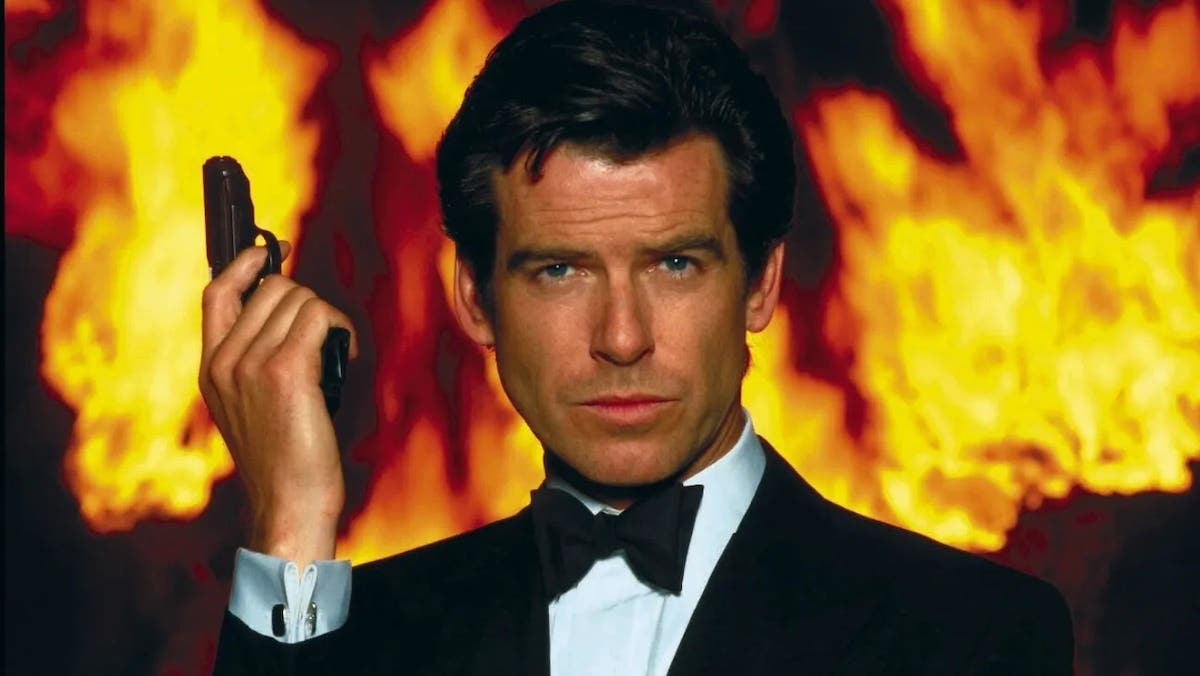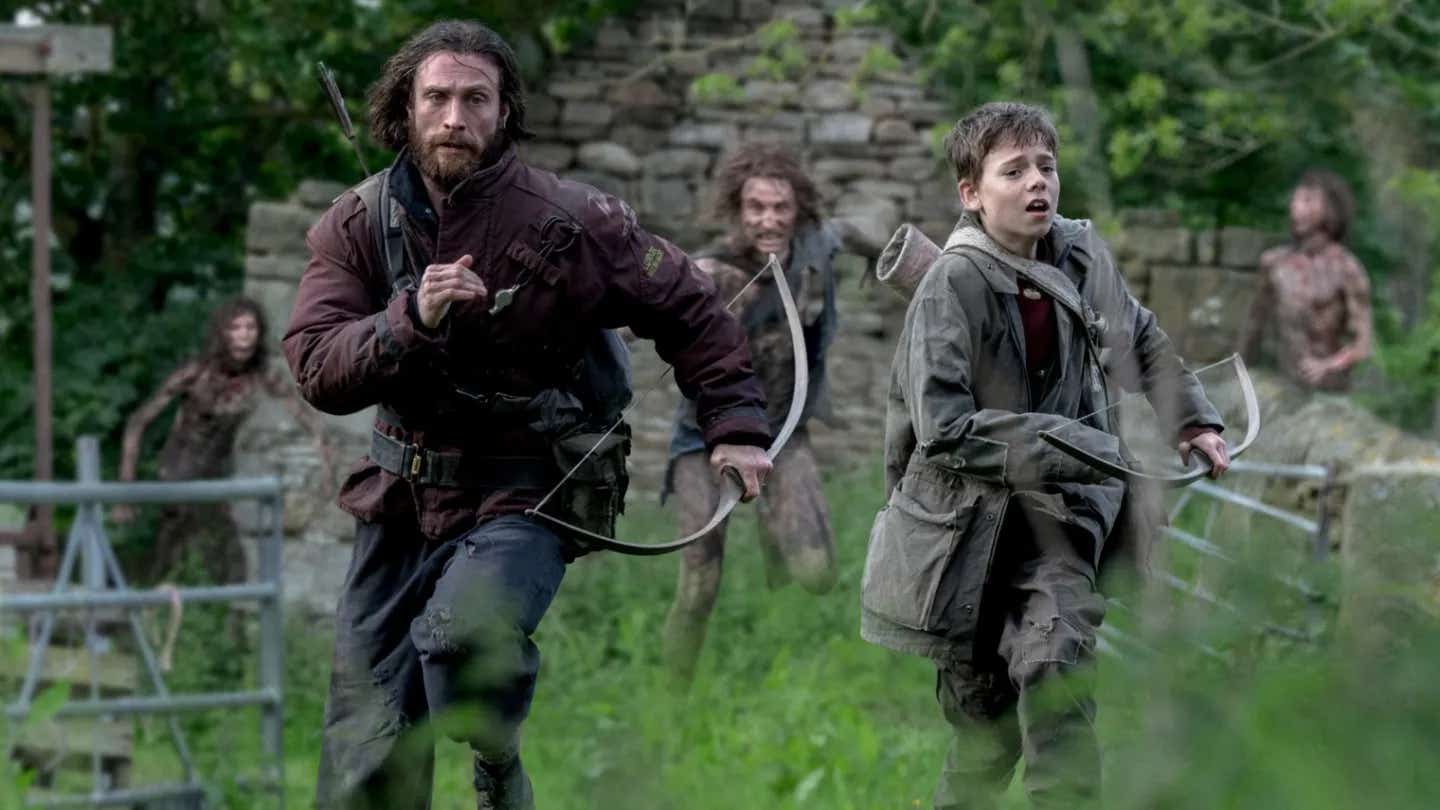What ‘The Fantastic Four: First Steps’ Can Teach Screenwriters
Lean into the kindness for the disposition of your characters, but be oh so cruel to them.
There will be spoilers for Fantastic Four: First Steps (2025) in this piece.
Created in 1961 by Stan Lee and Jack Kirby for Marvel Comics, the Fantastic Four have been dubbed the First Family of comics for more than sixty years. Featuring brother and sister duo Johnny and Sue Storm, Sue’s husband, the mega-brain Reed Richards, and Reed’s best friend Ben Grimm, this group of adventuring scientists has been one of the most difficult comic properties to translate properly to the big screen since their debut. The first bite at the apple came in 1994, produced by Roger Corman. It was only ever produced in order to hold on to the rights and was never intended to be released and it became the stuff of legend on VHS bootleg tables for a generation. I certainly had a bootleg, and it was, indeed, terrible despite all of the heart poured into it.
Over a decade later, 20th Century Fox obtained the rights and launched 2005’s iteration with a 2007 sequel. Though they had their moments of charm, they were pretty universally panned. One bright spot about them is that they gave us Chris Evans as Johnny Storm, a role which he reprised to all of our delight in 2024’s Deadpool & Wolverine. There was one more reboot, a gritty down to Earth take led by Miles Teller and helmed by Josh Trank in 2015, but it got the worst reviews of any Fantastic Four film since the Corman picture.
Why has it been so hard to nail the tone of a group of superheroes like this on the big screen? Partially, I think it has to do with screenwriters not taking to heart the sort of the advice I gave when writing about James Gunn’s recent Superman film. There’s an honest earnestness to this film that movies need to be in order to win the hearts with such a careful, joyful tone with no irony to their emotions.
This film, like Superman, wore its heart on its sleeve and made no bones about how much it cared and that’s absolutely something to be admired and studied. It’s about a family of people who stick together through thick and thin and do what they can to help other people, no matter what it might cost them—that is, as long as the sacrifice is personal and collective, not personal and private.
That brings me to the biggest takeaway for screenwriters for this movie as I watched it. Screenwriters know that characters need to make choices. It is incredible to watch characters grapple with difficult choices, but how difficult is it for a character to make an easy choice?
If we want our audience to feel the pain of making a choice and really see what the characters are made of, we need to see our characters agonize over two options that are almost equally bad. In Fantastic Four: First Steps, Reed Richards and Sue Storm are given the option to let their baby, Franklin Richards, be given to Galactus the Devourer of Worlds for him to consume, or let the Earth perish.
Those are two pretty horrible options. Watching them grapple with the decision is heartbreaking and we see what this group of heroes is truly made of. It’s too easy to watch a character pick between light and dark, but force them to pick between two equally dark and terrible options and you’ll see their character really shine for the audience, and like the Invisible Woman using her powers, you’ll see right through them and into the very recesses of their soul.
The other thing this movie did really well is that it forced the heroes to reevaluate after their plan failed. There’s something too tidy about the clever plan of the heroes working too easily. When the antagonist is so foolish as to walk right into their plan, it’s actually frustrating to the audience. In Fantastic Four: First Steps, Galactus, the Devourer of Worlds, has been eating planets and dealing with advanced civilizations for eternity. Him falling into a simple bait and switch would have been too much to believe. Having him stop, smile, comment on the adorability of their plan and make their lives a whole lot worse. He tested every single one of them to their breaking point, forcing them to come to the brink of sacrificing everything for their decision to not simply give up the young child.
It was a fitting fight and a fitting ending, forcing them to stretch to the limits of their abilities (pun intended, I suppose, at least in the case of Mr. Fantastic.) That’s the last thing you want to do for your characters: put them through the ringer. In a story like this, you want to put them to the absolute limits of their abilities. There’s no sense in holding anything back. Pour everything they have into the final conflict and then having them pour a little more.
When Sue Storm actually starts dragging Galactus toward the teleporter using her force fields, we are cheering because she’s drawn from a well of strength we didn’t know she had. But we’re also terrified for her, because we know she is pushing herself beyond the limits of her abilities to save her son. We have to ask ourselves if she’s going to make it out alive.
By keeping us guessing and forcing our characters to make impossible choices, even if we know that by the principles of storytelling, the outcomes may well be foregone conclusions, we’re still able to be held on the edge of our seat.
And that’s what we want.
Lean into the kindness for the disposition of your characters, but be oh so cruel to them.
It’s the best way to see what they’re made of.
Fantastic Four: First Steps (2025)is in wide release now.
You can learn more about Bryan Young at his website.
Bryan Young is an award-winning filmmaker, journalist, and author. He's written and produced documentary and narrative feature films and has published multiple novels and a non-fiction book. He's written for Huffington Post, Syfy, /Film, and others. He's also done work in the Star Wars and Robotech universes. You can reach him on Twitter @Swankmotron or by visiting his website: swankmotron.com.



